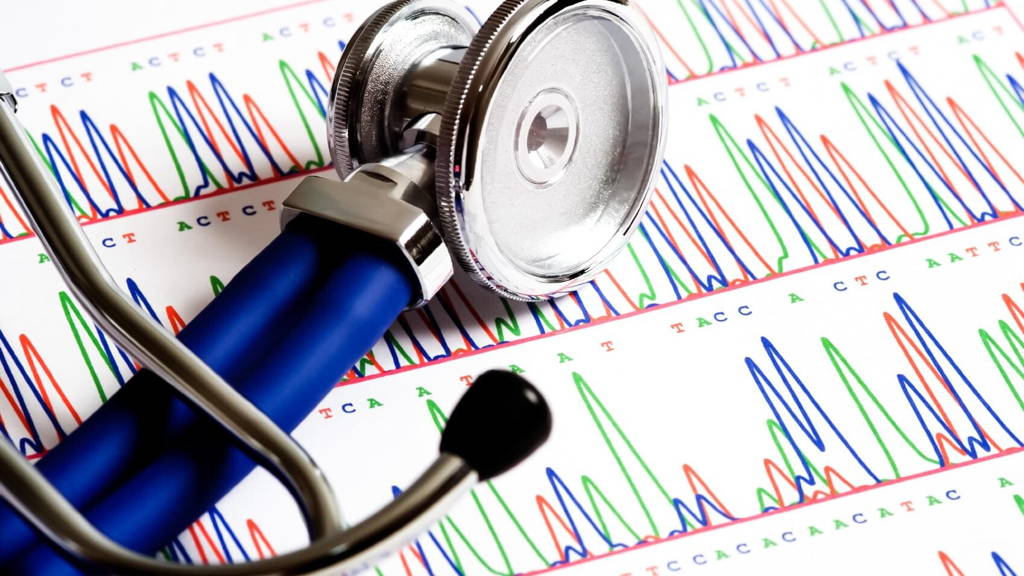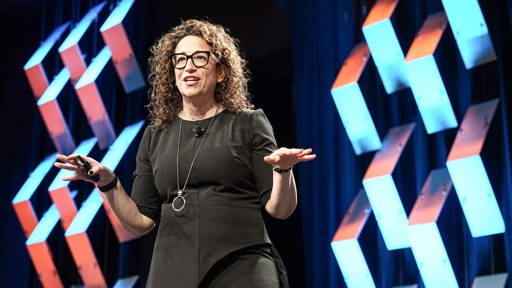And that is why precision medicine doesn’t yet deliver on its promises. That’s at least what John Quackenbush believes. The professor at the Dana-Farber Cancer Institute and director of its Center for Cancer Computational Biology was interviewed by MedCityNews head of his keynote presentation at a upcoming MedCity conference in Philadelphia.
Over-simplification of precision medicine
Quackenbush discussed the over-simplification of precision medicine and what’s required for science to progress to the next level. In short: while data may be king when it comes to precision medicine, it’s nothing without biology as its pragmatic queen.
“A lot of the precision medicine we’ve been doing in oncology has really been focused on identifying individual mutations or individual variations of the genome, like HER-2 amplification, and matching patients based on the presence or absence of those single alterations to a therapy,” Quackenbush explained.
“A lot of the precision medicine we’ve been doing in oncology has really been focused on identifying individual mutations or individual variations of the genome, like HER-2 amplification, and matching patients based on the presence or absence of those single alterations to a therapy,” Quackenbush explained.
Lack of knowledge
While it shows the scientific understanding of the molecular underpinnings of cancer, it also shows how little we truly know. Many targeted therapies only work a fraction of the time. Even the most successful drugs of this new era, like checkpoint inhibitors, don’t universally work as expected. Often, this is the result of how precision medicine is implemented: by taking a very simplistic view of how biological systems function.
In oncology researchers and medical professionals are starting to understand this. Other fields will follow, Quackenbush says. “I think they’re all going to come to the same point in really recognizing that single mutations or single genomic alterations are only really getting us part of the way to a solution.”
In oncology researchers and medical professionals are starting to understand this. Other fields will follow, Quackenbush says. “I think they’re all going to come to the same point in really recognizing that single mutations or single genomic alterations are only really getting us part of the way to a solution.”
Hype: integrating phenotypic data into genomic databases
The new hype is integration of phenotypic data into genomic databases, or tracking the physical characteristics of patients and their tumours over time, not simply making projections from their genomes. The greatest source of this information is medical records, which have recently been digitized in the U.S.
While Quackenbush sees a role for this data, he’s cautious about reading too much into it. “I think it all has to go together. It would be great to pull more data out of EHRs. The problem with most of them is that they’re not designed for research. They’re not even really designed for patient care; they’re designed for reimbursement.”
It’s a challenge to extract information at a macro scale, without losing the context of the data and a firm grasp of its limitations. Often scientists lose their necessary critical viewpoint and take way too big leaps. When medical data is interpreted in an agnostic way, scientists run into the problem of over-fitting or under-fitting their models. Or they build models that find correlations that lack real world value or relevance.
While Quackenbush sees a role for this data, he’s cautious about reading too much into it. “I think it all has to go together. It would be great to pull more data out of EHRs. The problem with most of them is that they’re not designed for research. They’re not even really designed for patient care; they’re designed for reimbursement.”
It’s a challenge to extract information at a macro scale, without losing the context of the data and a firm grasp of its limitations. Often scientists lose their necessary critical viewpoint and take way too big leaps. When medical data is interpreted in an agnostic way, scientists run into the problem of over-fitting or under-fitting their models. Or they build models that find correlations that lack real world value or relevance.
Complexity of human biology front of mind
To gain real biological insights, Quackenbush states the complexity of human biology needs to be front of mind as huge volumes of data are analysed. “I see great promise in the future, but only if we’re bold about how we tackle these biological systems.”








